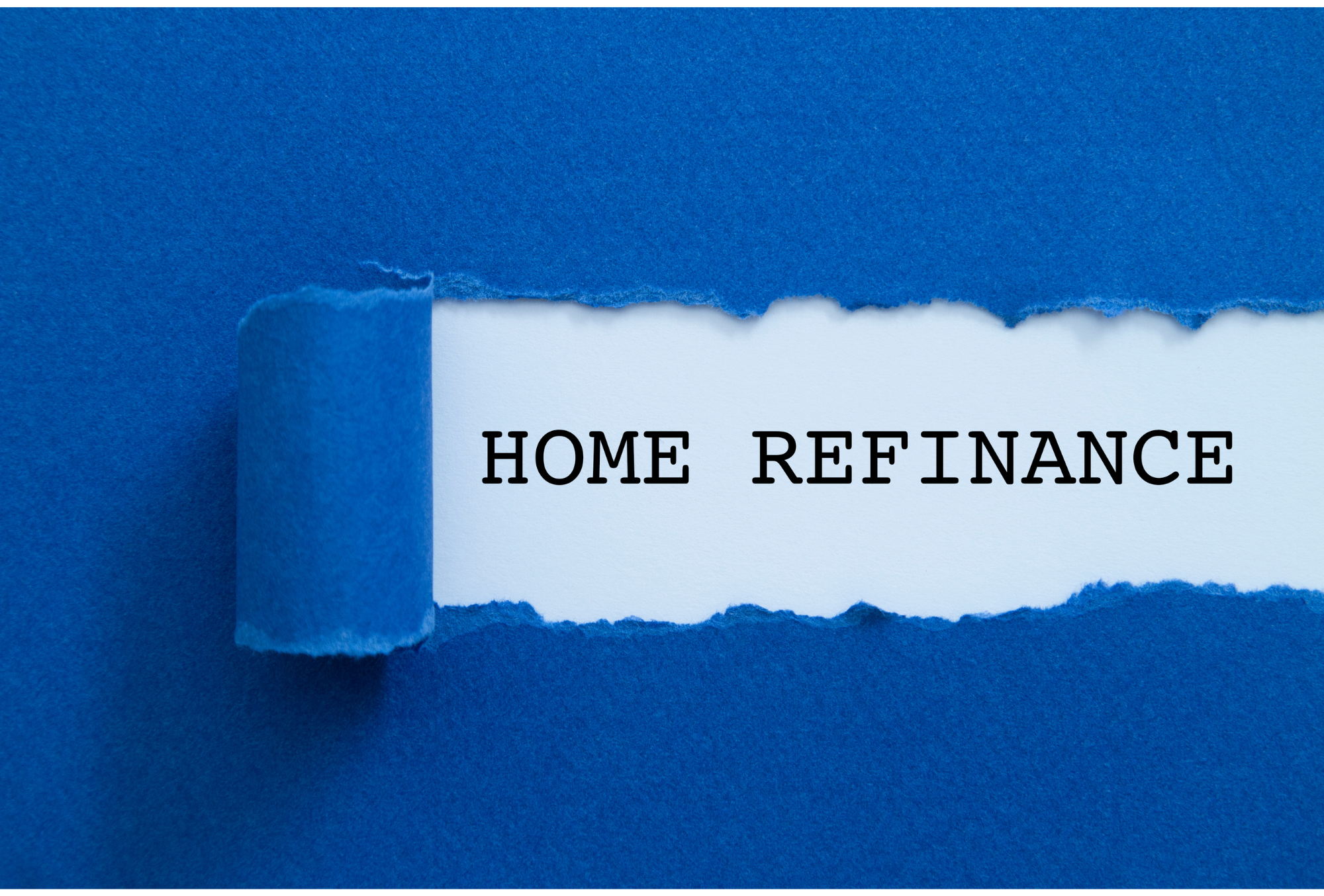Refinancing your home can be a great way to save money on your mortgage payments, but it’s not always the right choice. In this blog post, we’ll explore when to refinance your home and what factors you should consider before making the decision to refinance.
What Is Refinancing?
Refinancing is the process of taking out a new mortgage to replace your existing mortgage. This new mortgage may have a different interest rate, term, or other terms that can affect your monthly payments.
Why Refinance?
There are several reasons why you might consider refinancing your home:
Lower Interest Rates: One of the most common reasons people refinance is to take advantage of lower interest rates. If interest rates have dropped since you took out your original mortgage, refinancing could help you save money on your monthly payments.
Shorten Your Loan Term: If you’re looking to pay off your mortgage sooner, refinancing to a shorter loan term (such as a 15-year mortgage) can help you accomplish that goal.
Lower Monthly Payments: If you’re struggling to make your monthly mortgage payments, refinancing to a longer loan term can help lower your monthly payments.
Cash-Out Refinancing: Cash-out refinancing allows you to take out a new mortgage for more than you currently owe on your home. You can then use the extra cash for things like home improvements, debt consolidation, or other expenses.
When to Refinance?
While there are many benefits to refinancing, it’s not always the right choice. Here are some factors to consider before deciding whether to refinance:
Current Interest Rates: If interest rates are lower than when you first took out your mortgage, refinancing could be a good option.
Credit Score: Your credit score is an important factor in determining your mortgage rates. If your credit score has improved since you first took out your mortgage, you may be able to qualify for better rates by refinancing.
Loan Term: If you’re looking to pay off your mortgage sooner or lower your monthly payments, refinancing to a shorter or longer loan term can help you accomplish those goals.
Closing Costs: Refinancing typically involves closing costs, which can add up to thousands of dollars. Make sure you factor in these costs when deciding whether to refinance.
Equity in Your Home: If you don’t have much equity in your home, refinancing may not be an option. Lenders typically require borrowers to have at least 20% equity in their homes before they will consider refinancing.
How to Refinance?
If you’ve decided to refinance, here are the steps you’ll need to take:
- Shop Around for Lenders: Compare rates and terms from multiple lenders to find the best deal for your situation.
- Apply for a New Mortgage: Once you’ve found a lender, you’ll need to fill out an application and provide documentation such as pay stubs, tax returns, and bank statements.
- Have Your Home Appraised: Your lender will likely require an appraisal to determine the value of your home.
- Close on Your New Mortgage: Once you’ve been approved for a new mortgage, you’ll need to sign the loan documents and pay any closing costs.
Conclusion
Refinancing your home can be a smart financial move, but it’s important to consider the costs and benefits before making the decision to refinance. By comparing rates and terms from multiple lenders, considering your current financial situation, and understanding the refinancing process, you can make an informed decision about whether refinancing is right for you.

